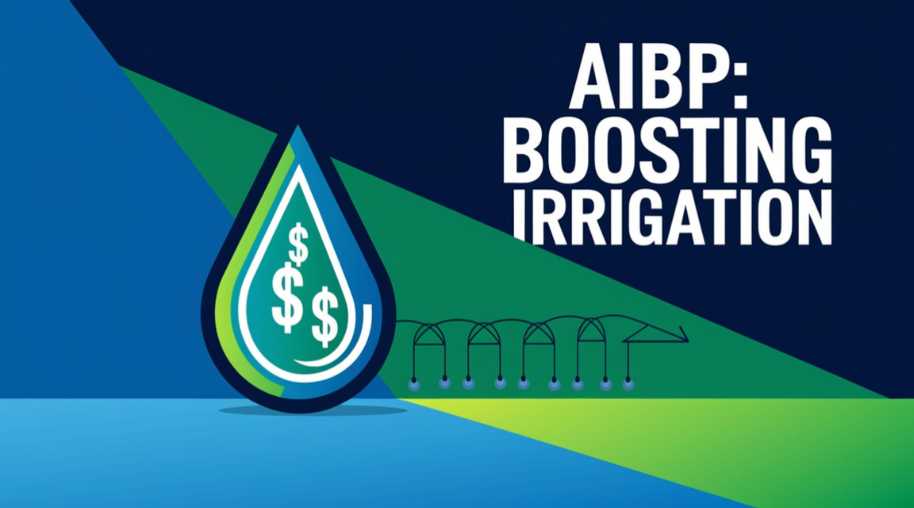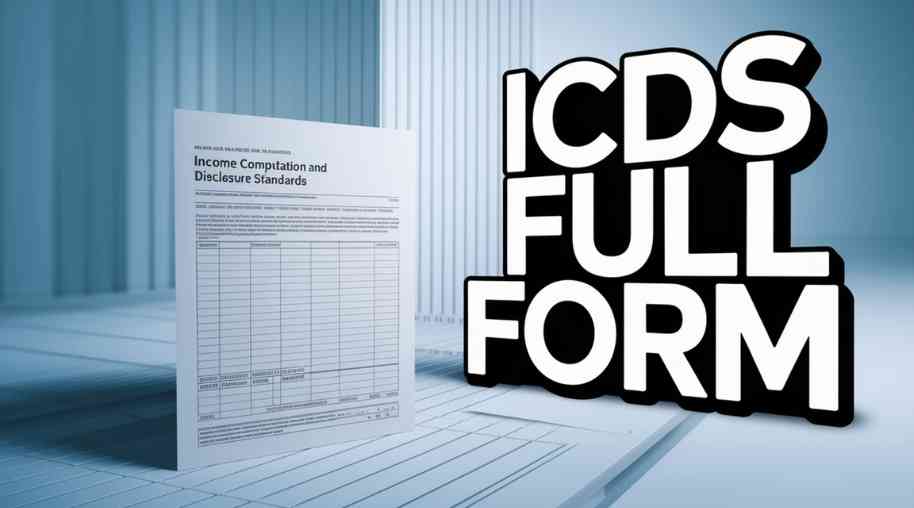PSRS Full Form-Prudential Supervisory Reporting System
by Shashi Gaherwar
0 1671
Prudential Supervisory Reporting System: Ensuring Financial Stability
The Prudential Supervisory Reporting System (PSRS) is a critical regulatory framework enabling authorities, such as the Reserve Bank of India (RBI), to monitor financial institutions’ health, ensure compliance, and mitigate risks, fostering stability in the financial sector.

This article explores the PSRS’s objectives, components, importance, challenges, and future in the evolving financial landscape.
What is the Prudential Supervisory Reporting System?
The Prudential Supervisory Reporting System (PSRS) is a framework for assessing and regulating financial institutions through systematic data reporting on financial health, risk exposures, and compliance. Key features include:
- Risk-Based Supervision: Targets risk identification and mitigation.
- Regular Reporting: Mandates reports on capital, assets, and risk practices.
- Compliance Monitoring: Ensures adherence to Basel norms and RBI guidelines.
- Data-Driven Decisions: Uses real-time data for risk assessment and crisis prediction.
Objectives of Prudential Supervisory Reporting
The PSRS aims to:
- Ensure Financial Stability: Identifies weaknesses to prevent crises and builds resilience against shocks.
- Enhance Risk Management: Monitors credit, liquidity, and operational risks, promoting robust strategies.
- Protect Depositors: Ensures capital reserves and transparent reporting to build trust.
- Strengthen Compliance: Enforces RBI, Basel III, and international standards, penalizing non-compliance.
Components of Prudential Supervisory Reporting
The PSRS includes:
- Capital Adequacy: Reports Capital to Risk-Weighted Assets Ratio (CRAR) to meet Basel III standards.
- Asset Quality: Tracks Non-Performing Assets (NPAs) for sustainable lending.
- Liquidity and Solvency: Monitors Liquidity Coverage Ratio (LCR) and Net Stable Funding Ratio (NSFR) to prevent crises.
- Stress Testing: Simulates adverse scenarios to identify at-risk institutions.
- Governance and Compliance: Discloses internal controls and ethical practices to minimize fraud.
Importance of Prudential Supervisory Reporting
The PSRS is vital for:
- Preventing Failures: Early risk detection enables proactive regulatory intervention.
- Building Confidence: Transparent reporting fosters trust among investors and depositors.
- Supporting Growth: Healthy banks drive sustainable lending, boosting economic stability.
Challenges in Implementing PSRS
Challenges include:
- High Compliance Costs: Smaller banks struggle with technology and personnel investments.
- Regulatory Complexity: Varying rules and frequent changes complicate compliance.
- Cybersecurity Risks: Digital reporting increases exposure to data breaches.
- Data Accuracy: Errors in reporting can lead to flawed assessments, requiring robust verification.
Future of Prudential Supervisory Reporting
The PSRS is evolving with:
- AI and Big Data: Enhances real-time risk assessment and trend analysis.
- Blockchain: Improves data security and automates compliance via smart contracts.
- Real-Time Reporting: Enables faster crisis intervention.
- Global Standardization: Aligns with IFRS for seamless cross-border transactions.
The Prudential Supervisory Reporting System is essential for financial stability, risk management, and compliance. Despite challenges, technological advancements promise a more efficient and transparent future, safeguarding the financial sector and supporting global economic growth.
Further Learning Resources
If you’re passionate about building a successful blogging website, check out this helpful guide at Coding Tag – How to Start a Successful Blog. It offers practical steps and expert tips to kickstart your blogging journey!
For dedicated UPSC exam preparation, we highly recommend visiting www.iasmania.com. It offers well-structured resources, current affairs, and subject-wise notes tailored specifically for aspirants. Start your journey today!

Share:








Comments
Waiting for your comments